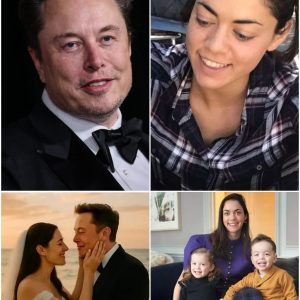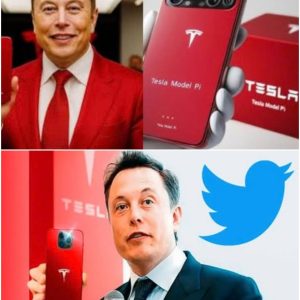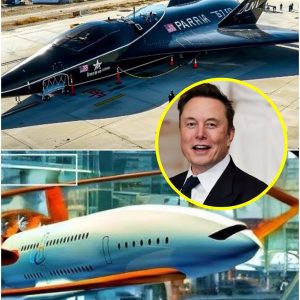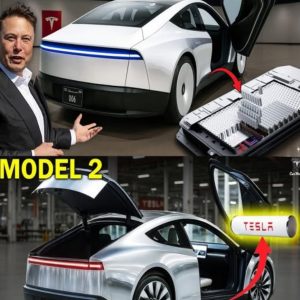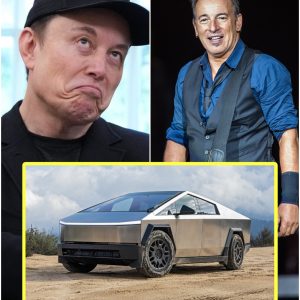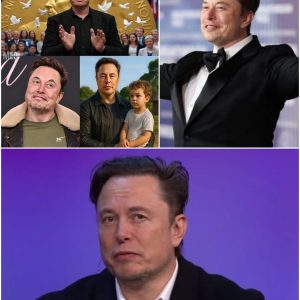In a world where science fiction becomes reality at breakneck speed, Elon Musk has once again stunned the globe with a vision that’s as bold as it is controversial: AI-powered robots capable of carrying a baby for nine months. This latest leap—at the intersection of artificial intelligence, robotics, and human biology—has ignited a global debate. Is this the next step in human evolution, a tool to empower parents and revolutionize family life? Or is it a step too far into the unknown, raising ethical and existential questions that society isn’t ready to answer?
The Man Behind the Machine
Elon Musk, the serial entrepreneur behind Tesla, SpaceX, and Neuralink, has made a career out of challenging the possible. His new concept pushes the boundaries further than ever before: advanced humanoid robots, equipped with bioengineered systems, designed specifically to carry and nurture a developing fetus from conception to birth.
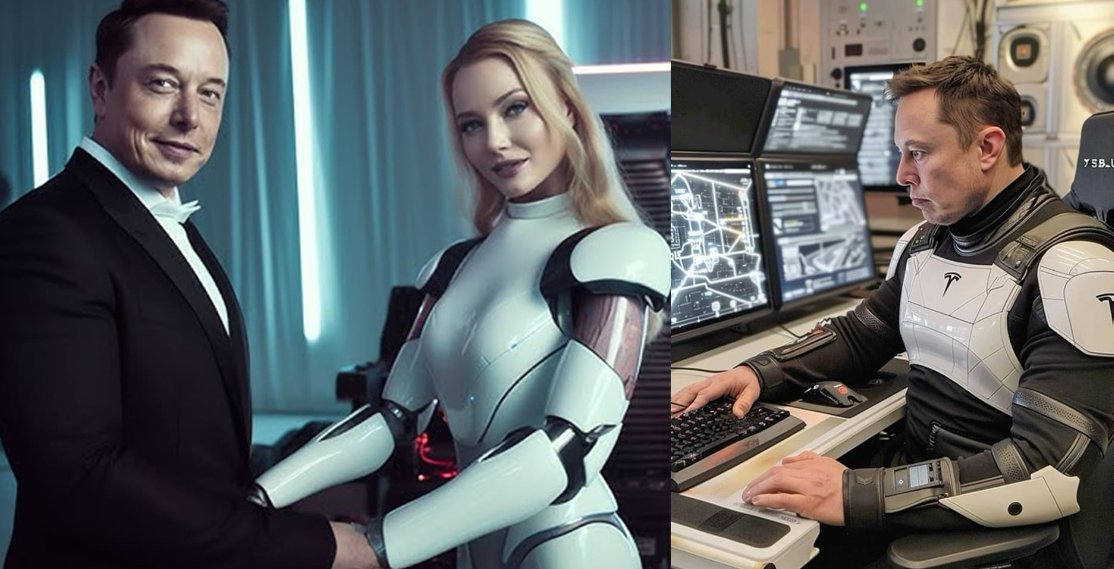
Musk’s vision is as audacious as it is clear. He believes that by delegating the physical demands of pregnancy to machines, individuals—especially women—could pursue their ambitions without interruption. “Why should starting a family mean putting your life or career on hold?” Musk reportedly asked in a recent closed-door summit. “Technology should empower us to do more, not less.”
How Would It Work? The Science Behind the Dream
While the idea may sound like something straight out of a dystopian novel, Musk’s team is said to be exploring technologies that could make this a reality within our lifetimes. Here’s a look at how such a system might function:
Synthetic Wombs: At the core of the concept is a bioengineered, artificial womb. This device would replicate the environment of a human uterus, maintaining precise temperature, delivering nutrients, removing waste, and monitoring fetal development with sensors and real-time data streams.
AI Health Monitoring: Advanced artificial intelligence would keep constant watch over the developing fetus, analyzing data for any signs of trouble and alerting medical professionals or parents as needed. The AI could even adjust conditions to optimize health outcomes.
Humanoid Form: To make the experience less clinical and more relatable, the robots would be designed with human-like features—arms, legs, even expressive faces—to foster a sense of connection and comfort for parents.
Portability & Access: Musk’s vision includes robots that aren’t confined to hospitals. These units could be placed in homes, workplaces, or community centers, allowing parents to interact with and monitor the pregnancy process as much or as little as they wish.
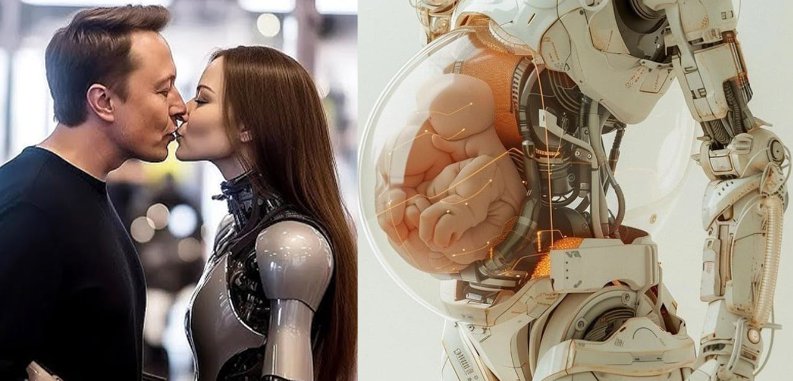
Potential Benefits: A New Chapter for Parenthood
If realized, this technology could dramatically reshape society and the experience of starting a family:
Empowering Women in the Workforce: Pregnancy often forces women to step back from their careers, creating gender gaps in pay and leadership. With robots handling the physical burden, women could maintain uninterrupted career momentum.
Reducing Health Risks: Human pregnancy carries risks—from gestational diabetes to life-threatening complications. A controlled, monitored robotic system could minimize these dangers, potentially leading to healthier outcomes for both mother and child.
New Options for Family Planning: For couples facing infertility or medical challenges, or for LGBTQ+ families, robotic pregnancy could offer a new path to biological parenthood, sidestepping the high costs and emotional toll of surrogacy or adoption.
Promoting Gender Equality: Decoupling pregnancy from the human body could level the playing field, giving both men and women equal opportunities to pursue personal and professional goals.
Alleviating Modern Pressures: In an era of demanding careers and busy lives, the ability to “outsource” pregnancy could ease stress, allowing parents to stay engaged in their ambitions while still growing their families.
The Big Questions: Challenges & Controversies
Yet, as with all Muskian dreams, this vision comes with a host of challenges—technical, ethical, and social:
Ethical Dilemmas: Critics argue that removing pregnancy from the human body could diminish the value and meaning of one of life’s most profound experiences. What does it mean for motherhood, for the bond between parent and child, if a machine carries the baby?
Technological Hurdles: The complexity of human gestation is staggering. Creating a robot that can safely nurture a fetus through all stages of development will require breakthroughs in biology, engineering, and AI—fields where many questions remain unanswered.
Cost & Accessibility: Revolutionary technology often comes with a hefty price tag. Ensuring that robotic pregnancy is available to all, and not just the ultra-wealthy, will be a major challenge.
Cultural Resistance: Even if the technology works, will society accept it? Deeply held beliefs about family, religion, and the sanctity of life may slow or even block adoption in many parts of the world.
Legal & Regulatory Issues: Governments and regulators would have to create entirely new frameworks for safety, liability, and parental rights in a world where machines can carry babies.
A Glimpse Into the Future
Elon Musk’s proposal is still in its early stages—more thought experiment than product launch. But history shows that Musk’s “impossible” ideas often become reality, from reusable rockets to electric cars that outsell gas-powered rivals. If pregnancy robots do become viable, they could mark the dawn of a new era in human history—one in which technology augments biology and expands the possibilities of what it means to be a parent.
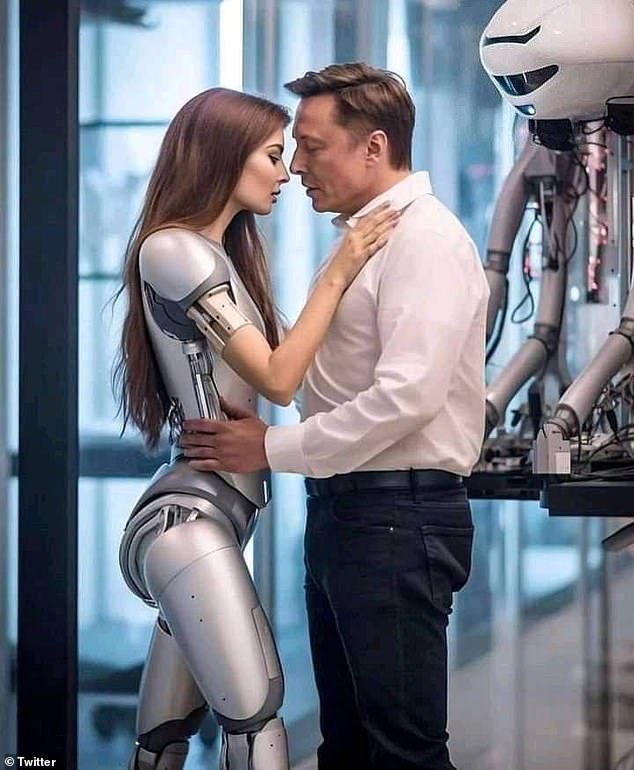
But this future comes with responsibilities. Society will need to weigh the promise of liberation and equality against the risks of dehumanization and division. The conversation Musk has sparked is just beginning, and it will shape not only the future of family but the very fabric of human identity.
The Power—and Peril—of Innovation
Whether you see Musk’s vision as an inspiring leap forward or a troubling overreach, one thing is certain: the intersection of robotics, AI, and human biology is poised to transform our world in ways we’re only beginning to imagine. As we stand at the threshold of this new frontier, the choices we make will determine whether technology serves to empower us—or redefine us entirely.
For now, Elon Musk has once again challenged us to dream bigger, think deeper, and question what it truly means to be human in the age of machines.
